

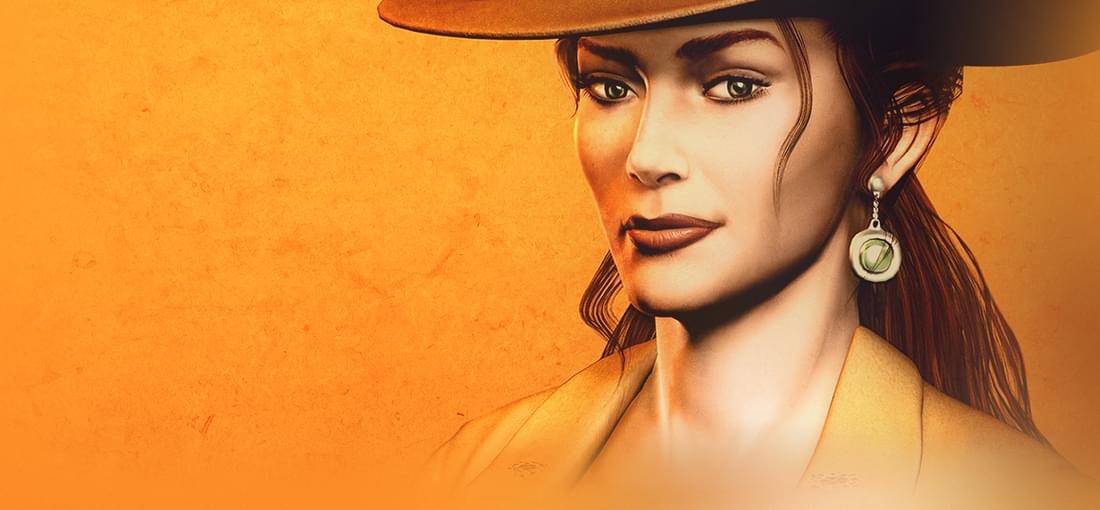
If you were to play only 5 'retro' games in your life, this one should be on your list. It holds amazingly well (I played it for the first time only recently). Sure, low resolution, jumpy animations and being 2D, without a possibility or rotating or even often going behind things, distinctly remind you this isn't a modern game, but it makes up for it in quality, oh what quality! Characters, while partly following the mechanical archetypes set by Commandos and thematic archetypes set by spaghetti westerns, are more varied and cooperation between them is much more important. Above all, you can finally chain multiple actions to be triggered independently with each character, which gives that 'heist' film feeling. I actually got to like some of them, which for an RTS game two decades old is quite uncommon. But were this game shines and distinguishes itself among peers, is level design. They come of as wonderful, intelligent puzzles with multiple solutions, and while the game is hard and very unforgiving, none of my deaths felt unfair.T he locations are really beautifully drawn and cover all typical tropes you could associate with 'old west' films, down to the classic train station shootout, so while mechanically you are essentially doing the same thing again and again - carefully taking off a couple o dozens of enemies one by one utilising various tricks - they offer a quite decent variability, especially in layout and objectives - bank robbing, prison breaking, pueblo infiltrating, you name it. Unlike in Commandos, thanks in part to the story (absurdly cliche, but there), I always had a desire to play the next level, rather than leave the game for a couple of days. Nowadays, I typically play games in short bouts when I just need to take my time off and few titles grab my attention for a long time at an end, let alone give the satisfaction of watching a masterpiece of a film, but Desperados was an exception.
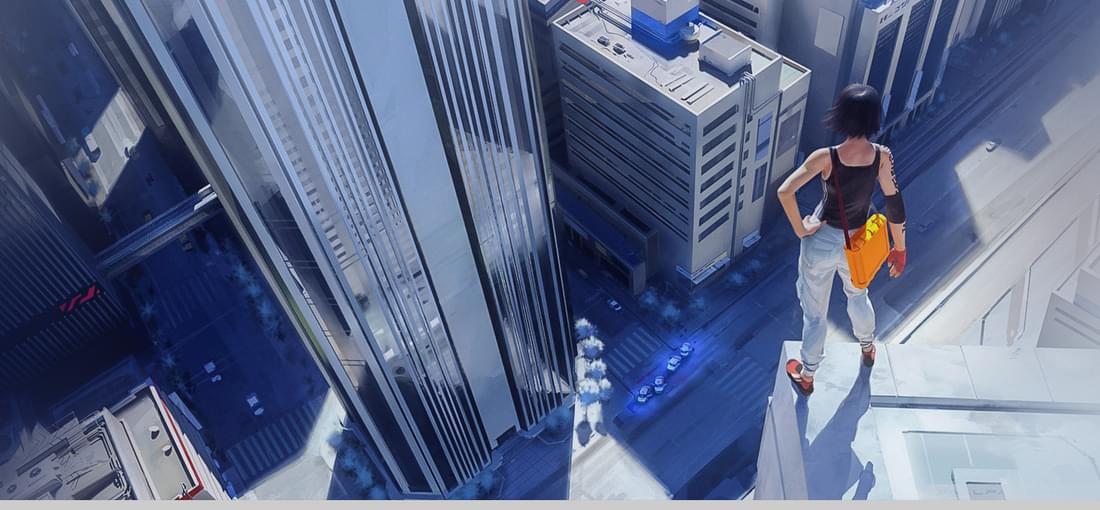
I love this game and I hate both FPPs and running. It looks so good I forgot completely I was playing a 'gog': yes, not AAA-level, lacks in effects, but it simply does not need them. The style they went for is a sterile, lifeless metropolis of white concrete and glass, on the noon of a very sunny day, and it delivers on this feeling 100%. The only thing distinguishing it from a today's indie are character models, but of yourself you get to see only body parts (and you do see them!) and your shadow, while everyone you meet is masked, at least partially armoured police you don't stop to chat with. Cutscenes are 2D, a sign of cost cutting, but here it compltes the ilusion. I really noticed this only in the tutorial and promptly forgot. The platforming is second to none and quite challenging, especially that you need to perform it at high speed, and while the first person perspective makes it in places more difficult it would be otherwise, it means you won't suffer from an aweful camera implementation, a common feature of the platformers from the 2000's. This is more than made up for in the realism of the experience, which is such I almost felt the wind on my face - something that few games can boast. It got overlooked, because it was just so out of the box, a genre on its own, and nobody knew they (would) like it. It was criticised for linear levels, but that's true for most platformers. Everyone complained about boring combat, but you aren't supposed to fight, and the extremely cool disarms and takedowns are hard and rewarding; nobody complains about dating sims that 'combat could be better'. The story ... is there, better than in early Dooms, but just like them, you play it for the gameplay. The campaign is short (about 10h), but there is also a race mode if you want it, and I know I will occassionally boot it just to play a random level. In the day of games trying to be everything to everyone, this level of focus does feel refreshing. Heartily recommended.
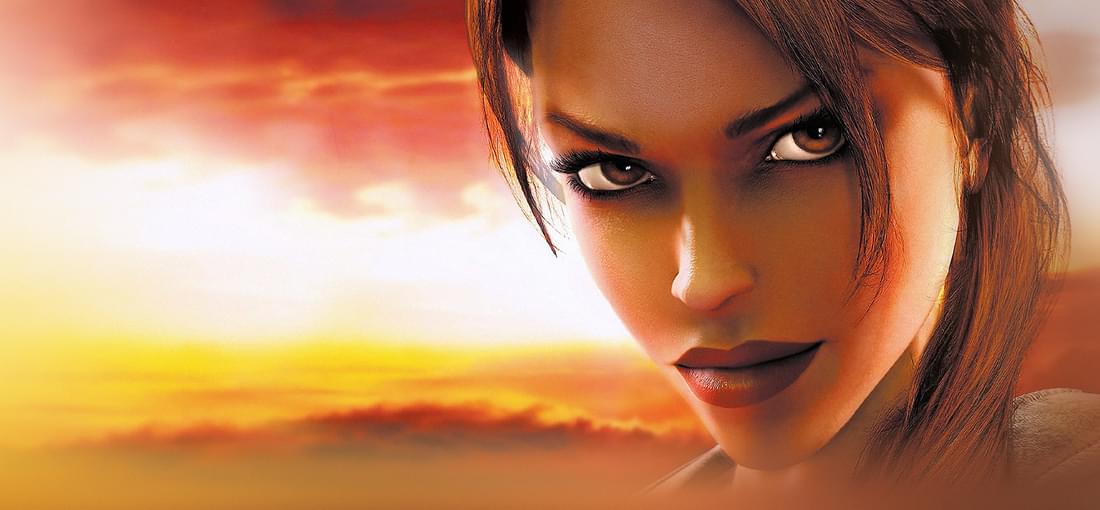
Legend gets a bit of flak, as it is the largest departure from the originals. It tried to make an exploration/puzzle/platformer into an action/platformer, with a lot of Bond/Bourne levels and at the same time 'dumbed it down'. People criticised it for sections with no exploration and just shooting, motorcycle chases reminiscent more of mobile games, fully linear platforming, lack of inventory/object puzzles, and, most of all, quick time events, which sealed the 'dumbing down' argument. Most of it boils down to 'not the Lara Croft we loved' and is now largely irrelevant, with this game becoming a classic itself. The action sequences are rather simple and you will spend considerably less time on shooting than on puzzles and platorming, but what they lack in gameplay, they make up for in coolness - how often do you get to jump on a motorcycle over a train while shooting? Platforming also requires less skill and thinking than before, becoming just a more interesting way of moving around while solving puzzles, which are just about right for not strictly a puzzle game. So while everying is easier, it's not without challenge, and you proceed much more smoothly than in a precision platformer or a point-and-click. The game is entertaining in the way watching an Indiana Jones film is: hopping from one location to another, seeing and doing outlandish things, without any frustration. The level variety is second to none, and they ooze atmosphere; temples and tombs look and feel the part, rather than being thinly disguised platfforms. I recollect single levels from other games, but I can recite in one breath all the levels and sections from Legend. QTEs are few and far inbetween, and it's only the duo of advisors you have on the line that can get annoying, While it does feel dated, it's still 100% worth playing, simply because - outside Uncharted - there is nothing quite like it. Just approach it with expectations for something relaxing, rather than particularly challenging.
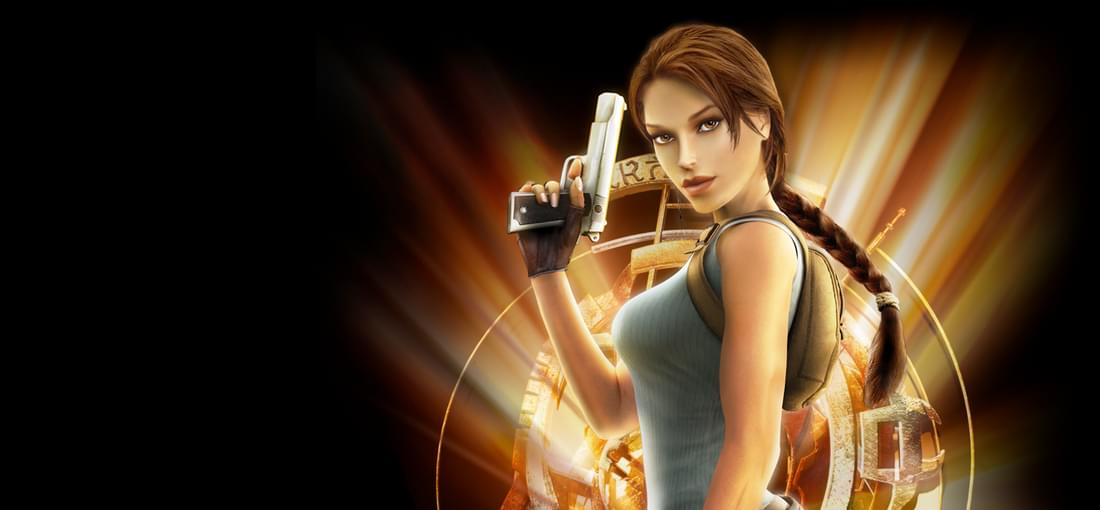
Of the first reboot trilogy, this game stands out as the odd one. It features the hardest puzzles, most complex platforming, non-linear levels, and the most pasted on plot. Where Legend and Underworld are action-adventure as the genre, with platforming and puzzles as main mechanics, Anniversary is an exploration-puzzle-platformer foremost, with an adventure theme on top. It features many mechanics from the original, lacking in the other reboot titles (sadly no inventory puzzles though). I have a huge respect for for the respect they Crystal Dynamics showed themselves to the material, retaining its feel, despite having had a clearly different vision for what Tomb Raider games should be. While it isn't possible, as in a 2D game, to switch between the original and modern graphics, it is an almost room-for-room remake. Some puzzles and fights are changed (overall for the better), some levels are enlarged and, obviously, the far greater processing power allowed the developers to fill in what was previously left to the imagination, but it brought that experience of playing 'the same game, only modern' (in 2006) that fans of any classic crave. In terms of gameplay, it is the best of the three, and in my eyes the best 3D platformer out there. The difficulty balance, including the amount and hiding of the secrets are perfect: it is chanllenging without getting frustrating and you seriously feel that you can do it 100% yourself if you wish, without resorting to watching a playthrough. I would however hesitate to call it the best Tomb Raider: the focus change, giving more attention to the story and much better graphics allowed Underworld to truly invoke (and beat) that magical feeling of being in an Indiana Jones film, previously provided only by 'Indiana Jones and the Infernal Machine'. Despite the sometimes frustrating camera, it - and the whole trilogy- can still be recommended today, unlike the much more mechanically and graphically dated original series.
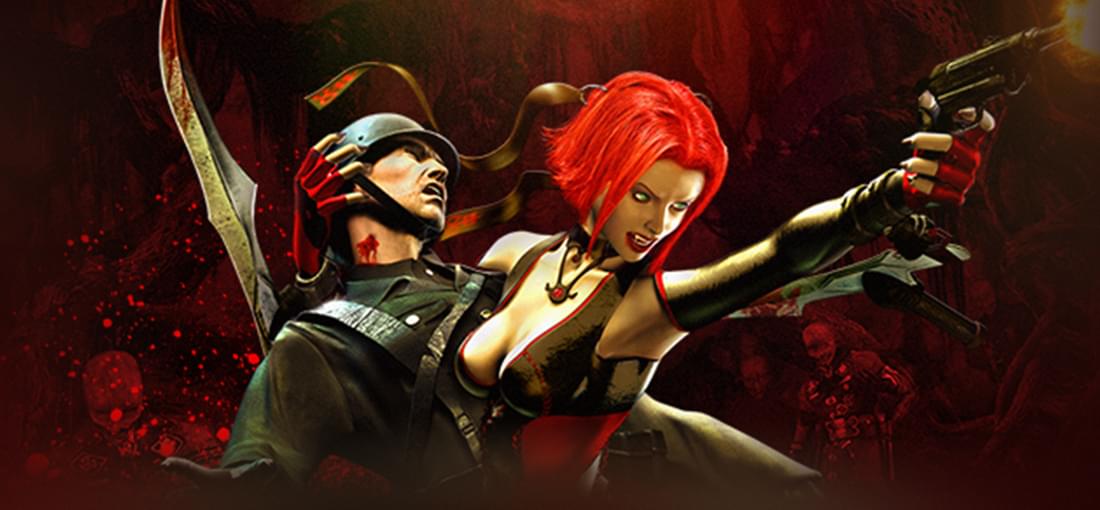
I have heard about it only recently, when it popped in my umpteenth, desperate search 'games like Tomb Raider'. I properly dismissed it as a 'sex sells' game for teenagers younger than the game itself, but at a moment of weakness, have finally broken and bought it. First, it's nothing like Tomb Raider in the slightest: zero puzzles and all it has in common with platformers is that Rayne can jump high. It's its own thing, and I was not giving it enough credit. While I hate zombies, and zombie nazis in particular, together with werewolves (ehm, 'a-unique-breed-of-vampire-or-we'll-get-sued-for-copying-Underworld'), mechas and cheesy lines (some of which eye-rolling, but some hilarious), it is exactly in the spot of not treating itself seriously, but not yet reaching self-referencing and parody or camp. It's not 'so bad it's good', it's just good, in that guilty pleasure kind of way. Even over sexualisation fits the genre called exploitation or grindhouse in film (think Roberto Rodriguez), where it's accepted as a part of the convention and enjoyed even by far left liberals. Earlier Tomb Raiders was actually much worse in that regard. The gameplay is repetitive and simplistic mechanically, but you need amazing reflexes to control super-fast moving and squishy Rayne well enough to keep her behind the backs of the enemies or meat shielded. Even the 'heal at will by bloodsucking' (nota bene the most sensible healing mechanic) is not broken, because it will just make you an easy target when swarmed. The bosses are fun, Laura Bailey as Rayne is really good, and the soundtrack is awesome. Even the graphics are better than the screens portray, as they focus on the first chapter. outside in Louisiana, which is little more than a tutorial, and the real game happens mostly inside in bunkers or amid ruins, where the early 2000's don't show nearly as much. Don't come expecting deep gameplay or a rich story, but all of us can enjoy a simple cheeseburger from time to time.
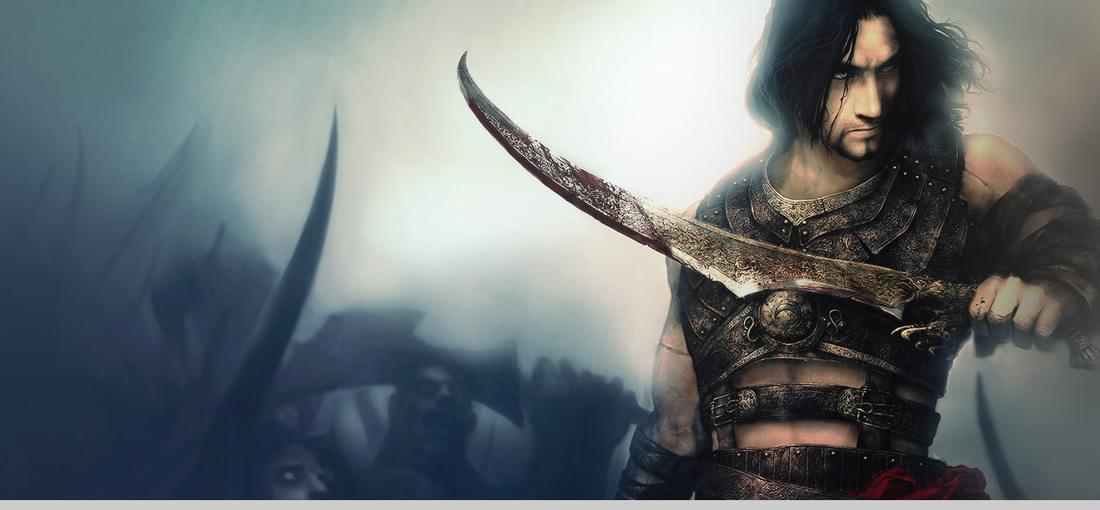
Sands of Time was a great game with an unmistakenable DNA of the original Prince of Persia and some innovative features like time rewind. The platforming was very good, the levels very well designed, the sidekick cute and dialogues funny - only fighting left a bit to be desired. While still quite tactical in that timing of attacks and target selection were crucial, you basically had one attack. Warrior Within attempted to improve things and it did! The story is actually quite good for a platformer, the level design second to none, both in ingenuity and looks, the idea of going back and forth through time and seeing the same temple new and in ruin pretty cool fighting has been improved, with several additional attacks, including some incorporating the environment and the boss fights fun. The difficulty is just right and the game stays fresh. Evidently however Ubisoft decided to target early teenage boy demographic and changed the style from fairy tale Arabian Nights to cringy, cliche, solemn, 'edgy' fantasy in a wrong sense. Both the look of the prince and his permamently brooding face and voice and, especially, female characters severly detract from the experience. If you can however look past the huge polygon boobs and skimpy clad women, then this game is still a must play for platformer fans along Tomb Raiders.